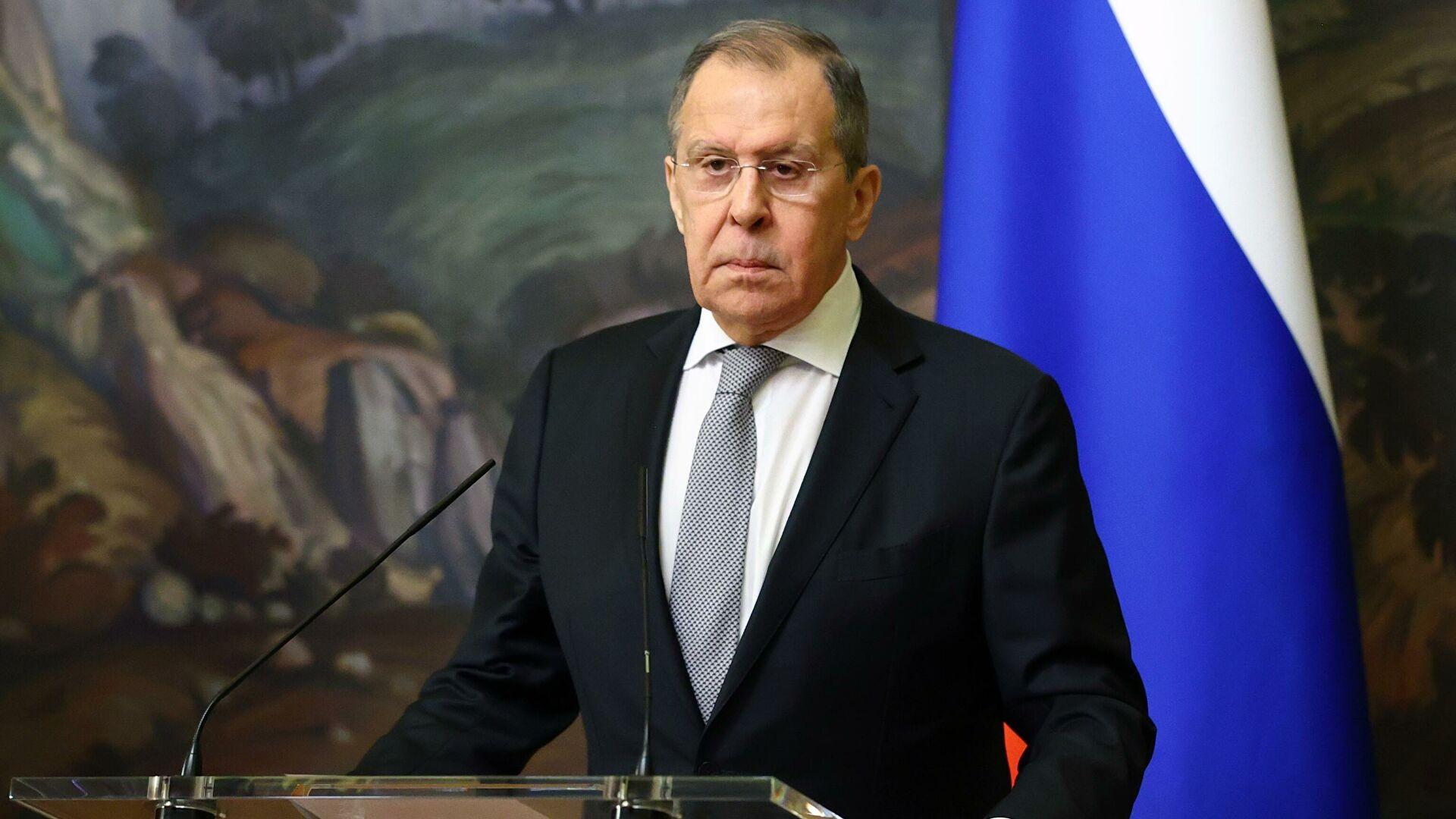
Russian Foreign Minister Backs a Return to Former Karabakh Settlement Principles: Return of Territories, Introduction of Peacekeeprs
Russian Foreign Minister Sergei Lavrov gave an interview to Russian journalists, during which he also spoke about the ongoing war in Artsakh and the settlement of the Nagorno Karabakh conflict. Here are excerpts from the interview related to Artsakh and Armenia.
Despite the ceasefire, thanks to your titanic efforts, the fighting did not stop. I want to ask, is it possible at all? We, Russia, talk about the fact that there is no alternative to a peaceful settlement of the conflict, but is it possible, will anyone stop?
The negotiations were unprecedented, but at the decisive moment the Russian President assisted. Sergey Shoygu also joined them, because the announcement about the ceasefire would not be enough if there were no control mechanisms over the ceasefire. The second point of the document envisaged just that. Shoyu and I and the President of the Russian Federation have spoken many times these days with our partners in Armenia and Azerbaijan, and our main message is that those responsible for the military sphere must meet immediately and agree on these mechanisms. We sent those signals to both our Azerbaijani and Armenian colleagues.
What is that miraculous mechanism?
The diplomats announce ceasefire agreements, and the military, in order for all this to be successfully implemented, agree on what specific measures should be taken for that purpose, who will impartially observe the observance of the ceasefire regime on both sides.
This is not a new thing. This has happened in Transnistria and Donbas, although the ceasefire has been announced several times, only the latter is more or less the same. And this is only because additional measures have been developed to test this regime (ceasefire).
This is what happened in Karabakh in 1994, when the declaration of a ceasefire was accompanied by clear agreements between the armed forces on how it would actually be implemented.
So, of course, a political settlement is possible. The proposals developed by the mediators remain on the table. Their content is already known: the gradual return of the regions around Karabakh, while maintaining the security of Karabakh, before the determination of the final status of Karabakh, ensuring a reliable connection between Armenia and "Karabakh.
And such a scheme is well known. There is no evil without good. These sad events should help revitalize the political process while addressing security issues.
By reliable connection do you mean the two regions, the Lachin corridor?
All the recently discussed agreements, which were taken seriously by the parties, provided for the liberation of five regions in the first stage and the return of these two regions in the second stage. In the second stage, the issue of Karabakh's final status was to be decided.
And in the first stage, except for the return of the two regions, all communications, economic ties, transport connections were to be opened, and peacekeepers were to be deployed to guarantee the cessation of hostilities.
In other words, peacekeepers, that is the mechanism you just talked about.
No, this is different, this mechanism (introduction of peacekeepers) should work on the real line of contact. These are not the five districts that should be transferred in accordance with the Co-Chairs' proposals.
At this moment, not only peacekeepers, but also observers, military observers, that would be enough ... We think it would be quite right if they were our military observers, but the final word should be on the parties. Of course, we assume that our allied relations and strategic partnership relations will be taken into account both in Yerevan and Baku.
The current war, if we speak openly, has inspired Turkey. In general, we constantly come up against Turkey in Syria and Libya, regularly, and Turkey does not become our ally, but a military opponent. Nevertheless, we declare that Turkey is our military ally. How is all this viewed now? Where are we, where is Turkey? How does each regard the other?
We have never described Turkey as our strategic ally. It is a partner, a very close partner. This cooperation is strategic in many areas.
We do not agree with the position voiced by Turkey on the Karabakh issue, which has also been voiced several times by President Aliyev. There are no secrets here.
We can not agree with the statements that a military solution to the conflict is possible.
Unfortunately, Turkey was able to do that and confirmed that it would support any action that Azerbaijan would take to resolve this conflict, including via military means.
We are in touch with our Turkish partners. I have spoken to Mevlut Cavusoglu several times during this crisis.
We still hold the view that a peaceful settlement is not only possible but the only way to ensure a lasting solution to this problem.
If there is not a long-term political agreement, the decisions taken via military actions will one day prove ineffective and military hostilities will happen again.
 Videos
Videos Photos
Photos
Comments (1)
Write a comment